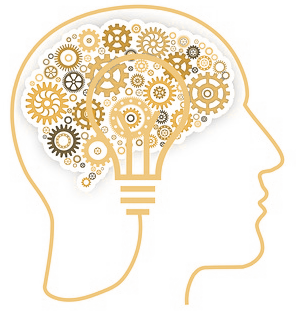Back


Identification Tool
Cluster: Personal Skills
Complete the self-assessment questionnaire to validate your soft skills on the Personal Skills cluster!


Complete the self-assessment questionnaire to validate your soft skills on the Personal Skills cluster!
